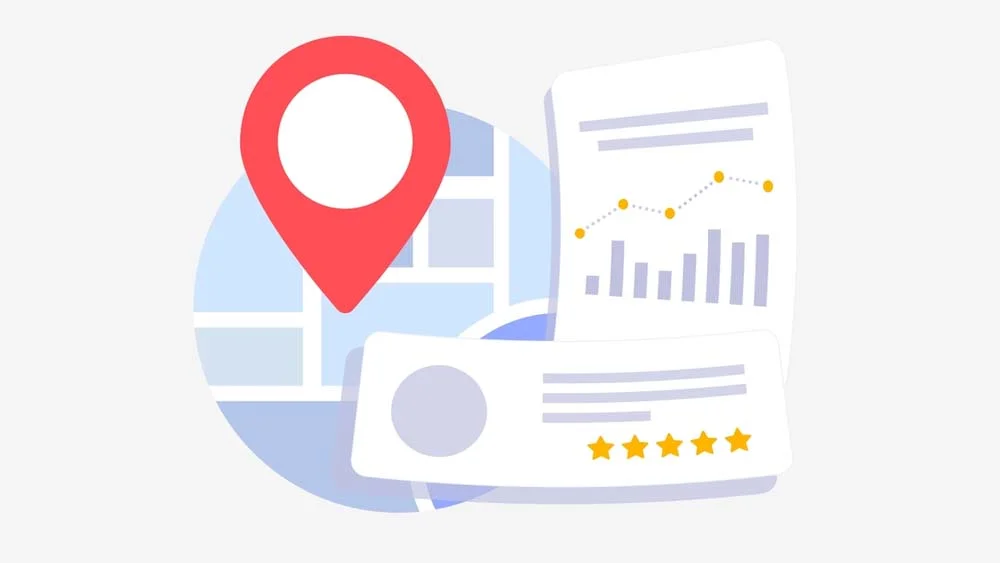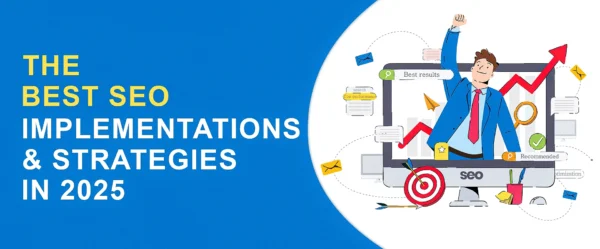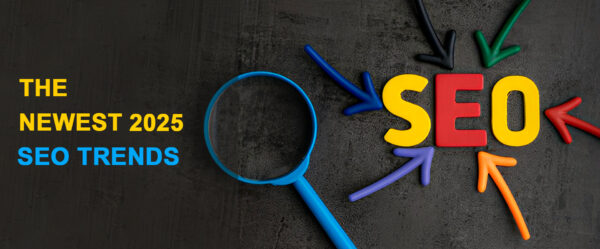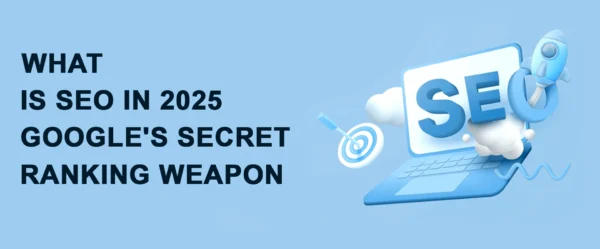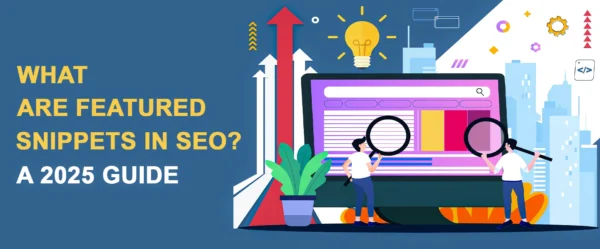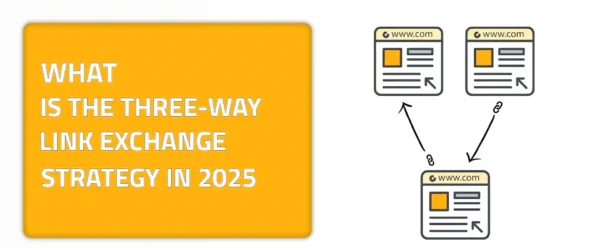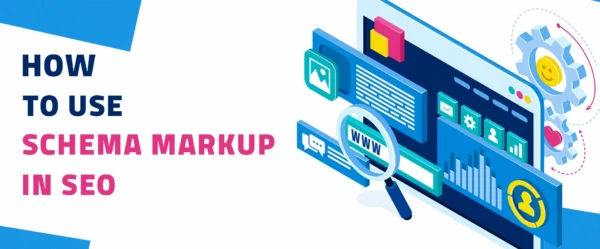I know that link building is a process that could seem a bit irrelevant to the healthcare industry. That is why you may think that this article’s topic may be a bit out of the box for our blog. However, that is not the case, I promise. Link-building benefits are a lot in this digital age that we live in currently. Your online presence is something that is crucial for you to have through your website to guarantee your success. That is why link-building is a very important aspect to take into consideration. Now that we’re focusing on the healthcare industry, let me tell you what link-building can do for your healthcare website. This is a process that goes beyond merely driving traffic to your website; it’s about establishing authority, building trust, and fostering patient engagement.
That is, as it offers significant benefits for healthcare organizations, from hospitals and clinics to medical research institutions and individual practitioners. The healthcare industry is all about accuracy and credibility. These are two factors that are on the top of the mountain here. The peak. That’s because you can not mess around with patient details or information in general. Everything in this industry is crucial. From health insurance papers to hospital documents that have every single detail about patient admissions and histories.
Enter link building and its ability to save and elevate your online visibility. Additionally, it can ensure that reliable health information reaches the right audience. High-quality backlinks from reputable sources not only improve search engine rankings but also enhance the trustworthiness of your content. This is particularly important in healthcare, where patients and professionals alike seek reliable and authoritative sources for medical information.
Understanding Link Building: What Is It Exactly?
SEO is becoming the newest technological trend in today’s digital landscape. I have a friend who graduated from law school and has shifted his career to actually work as an SEO manager. Tough, I know. But anyway, link building is a fundamental aspect of search engine optimization (SEO) that involves acquiring hyperlinks from other websites to your own. These hyperlinks, commonly known as backlinks, act as votes of confidence from one site to another. They help make you the new kid at school—fresh, popular, and, well, new. Google and other search engines use those hyperlinks to crawl the web and determine how pages are relevant to one another. In other words, backlinks help search engines assess the relevance and credibility of your domain or website.
The fundamentals of link building are all about creating valuable, high-quality content. One that other websites will find worthy of linking to. The form of content could literally be anything. It can be an article, a blog post that is informative, or even some engaging infographics.
Search engines consider the number and quality of backlinks as a major ranking factor. Websites with more high-quality backlinks tend to rank higher in search results. This increased visibility can lead to more organic traffic, better brand recognition, and ultimately, more conversions or patient inquiries in the context of healthcare.
The Unique Challenges of the Healthcare Industry
Navigating the healthcare industry presents unique challenges. You can rule in the fact that establishing an online presence is something that could be a great challenge for websites that support the healthcare industry. Two major challenges are strict regulations and guidelines. Additionally, high competition is combined with trust factors, which increases the chance of having even more obstacles when trying to solidify the online presence in the context of the healthcare industry. Understanding these obstacles is crucial for implementing effective link-building strategies.
Strict Regulations and Guidelines
The healthcare industry is one of the most important sectors that has rules and regulations. Healthcare providers must comply with numerous laws and guidelines. That is, to ensure patient safety and data privacy. This includes:
- HIPAA Compliance: Protecting patient information is of great necessity. Any content or link-building strategy must ensure compliance with the Health Insurance Portability and Accountability Act (HIPAA).
- FDA Regulations: For healthcare companies dealing with pharmaceuticals or medical devices, adhering to FDA guidelines is something that is of the essence as well.
- Accurate and Ethical Information: Healthcare content must be accurate, up-to-date, and ethically sourced. Misleading information can have serious repercussions. Avoid that, will you?
These regulations mean that healthcare organizations must be particularly careful about the sources they link to and the content they publish. Quality and credibility are not just preferred but required, adding an extra layer of complexity to link-building efforts. Like when you’re out on a date and you don’t simply prefer that your date has some chivalry, you require it!
High Competition and Trust Factors
The healthcare industry is highly competitive. With numerous providers fighting over the same patient base. They need to stand out in order to have that base. This process requires more than just visibility; it requires trust. Key considerations include:
- Building Authority: Establishing your site as an authoritative source is important. High-quality backlinks from reputable sites can significantly boost your credibility as well.
- Patient Trust: Patients are looking for reliable, trustworthy sources of information. Content that you research well. One that you back up with authoritative links could also help build patient confidence.
- Local Competition: Many healthcare providers serve specific geographic areas. Competing locally means not only appearing in local search results but also being recognized as a trusted local provider.
Link Building Benefits in the Healthcare Industry: Enhancing Online Visibility
It is important for websites associated with the healthcare industry to enhance their visibility and take it to the next level. But how exactly can link-building help? One major benefit is its impact on search engine rankings. Search engines like Google use algorithms to determine which websites should appear at the top of search results. These algorithms consider various factors, including the number and quality of backlinks a website has. So, the more authoritative sites that link to your content, the higher your website is likely to rank in search results. It is a reciprocal relationship. Which means that when potential patients or partners search for healthcare services or information, they’re more likely to find your site. See? Easy enough to understand and a bit easy to implement as well.
But isn’t it just about ranking higher? Not quite. Improved rankings lead to increased organic traffic, which refers to visitors who find your site through unpaid search results. The authority and relevance of your content are what drive organic traffic, unlike paid advertisements. With a strong backlink profile, you not only attract more visitors but also those who are genuinely interested in your healthcare services. This results in more meaningful engagement and can significantly boost your online presence, ensuring that your vital health information reaches a broader audience. So, the next time you’re considering SEO strategies, remember that effective link building can be a game-changer for enhancing your online visibility.
Link Building Benefits: Educational Content and Patient Engagement
Creating linkable educational resources is a powerful way for healthcare organizations to enhance their online presence and engage with patients. But what makes content linkable, and why is it so important that I am addressing it multiple times? Linkable content is essentially high-quality, informative material. One that others find valuable enough to link to from their own sites. In healthcare, this might include comprehensive guides on managing chronic conditions. Moreover, it can include interactive tools for assessing symptoms or in-depth articles on the latest medical research.
Why focus on educational content? For one, patients are increasingly seeking information online before making healthcare decisions. You know when you Google a symptom and Google says that your time has come? Joking aside, seriously, that is because a lot of people find many in-depth and slightly relevant examples in blog posts that they read. That is why your content should be 100 percent correct. This is health we’re talking about, not an opinion blog on whether there should be a season ten for Dexter or not. By providing clear, authoritative, and easy-to-understand content, you not only help them make informed choices but also position your organization as a trusted resource.
Can Your Content Boost Engagement? Yes, Yes, and Well, Yes.
How can your content boost engagement? Here are the elements for creating engaging content: Take it from me: I’ve been born with a keyboard in my hands. Engaging content often includes elements like infographics, videos, and interactive quizzes. Not the BuzzFeed one, whether you’re a chocolate brownie or a cheesecake. I am talking about quizzes that make learning about health topics more accessible and interesting.
One that assesses the symptoms that an individual is suffering from. When patients find this kind of content helpful, they’re more likely to share it, linking back to your site and broadening your reach. This not only drives more traffic but also helps you gain more trust in your industry.
Link Building Benefits: Local SEO and Community Outreach
Local SEO is a powerful tool for healthcare providers aiming to connect with their community and attract local patients. By focusing on local citations and links, healthcare organizations can significantly boost their visibility in local search results. Local citations—mentions of your practice’s name, address, and phone number (NAP) on other websites—help search engines verify your business’s legitimacy and relevance to local searches.
Ensuring these citations are accurate and consistent across various platforms enhances your local SEO and helps potential patients find you more easily. Building relationships with local health organizations is equally crucial. By collaborating with local clinics, hospitals, and health-related nonprofits, you can earn valuable backlinks from reputable sources within your community.
Case Studies and Success Stories
This is where I can say I have saved the best for last. Real-life examples of effective link-building in the healthcare sector highlight the tangible benefits and strategic approaches that can drive success. One notable case is the Mayo Clinic, which leveraged educational content and partnerships to build a strong backlink profile.
I personally use the Mayo Clinic for references. They created comprehensive guides on various health conditions and collaborated with influential health bloggers and organizations. These efforts resulted in numerous high-quality backlinks, which contributed to higher search engine rankings and greater patient trust.
In Conclusion
The healthcare industry is one that requires a lot of work to get to the top of search engines. With link-building and link building benefit, this has been made possible. That is why I come to you with the top platform for link exchange and backlinks.
One that will connect you with thousands of reputable domains that could support your link-building strategy. linkexchange.ai is the top platform that will help introduce you to several domains that could help you enhance your visibility and exposure in no time.





